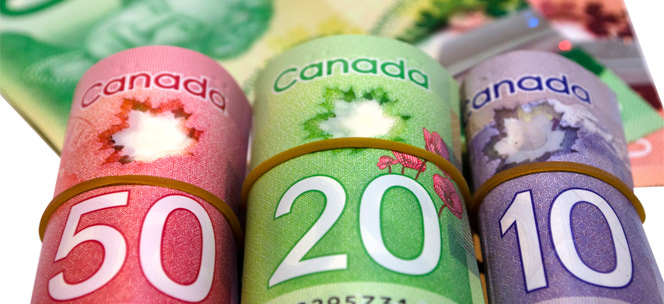What Ottawa gives other governments take away

(This column originally appeared in the Toronto Sun)
Here’s some holiday cheer: Finance Minister Bill Morneau announced that his re-elected Liberal government’s first act would be to cut taxes for most Canadians who earn a paycheck.
Morneau’s move to raise the basic personal amount from $12,069 to $13,229 means the vast majority of Canadians will not pay any tax on an additional $1,160 of income, netting each earner about $138 per year.
That may not seem like a lot, but with the basic personal amount slated to rise to $15,000 over the next four years, the average Canadian family will end up saving about $600 annually. That’s good news at a time when, for many families, every dollar counts.
True, the news coming out of all Ottawa isn’t all good. Increased Canada Pension Plan premiums will mean more coming off each paycheck that you may or may not benefit from someday in the form of pension payouts. The escalator tax on alcohol means having a drink will cost you more. And of course, in several provinces the federal carbon tax continues to rise while rebates will be lower than projected, meaning Canadians commuting to work, harvesting their crops, and running their businesses will feel the pinch.
At least by prioritizing a tax cut, the Trudeau Liberals signalled that they recognize regular people are struggling and tried to find a way to help them out a little by leaving a few more bucks in their pockets.
Unfortunately, many provincial and municipal governments have different plans for that money: they want to redirect it right into their own coffers.
Bracket creep – where inflation bumps taxpayers into higher tax brackets even though they aren’t earning more money in real terms – is still a big problem in Saskatchewan, Nova Scotia and Prince Edward Island. Even worse, this year Alberta decided to deliberately de-index their tax brackets from inflation, thereby hitting taxpayers with a sneaky bracket creep tax hike.
The situation is even more dire at the municipal level with many city councils jacking up property taxes. Vancouver raised property taxes by a whopping seven per cent while Calgary – which this past summer approved a $275-million subsidy for a new arena for the Flames – raised its rates by 7.5 per cent. In Toronto, where Mayor John Tory broke a promise to keep any increases in line with inflation, council voted to increase its building levy by eight per cent over the next six years. Halifax raised taxes by 2.3 per cent while approving $20 million for a CFL football stadium.
Thankfully, there are at least a few governments not determined to claw back the small mercies the feds are offering. The Ontario government is holding the line on taxes while it grapples with getting its deficit under control and many residents of Newfoundland and Labrador will see significant tax relief after a temporary deficit reduction levy expires this year.
It’s encouraging that the Trudeau Liberals made a tax cut their first order of business after being re-elected. Here’s hoping that in 2020, more governments get into the same mindset – so that taxpayers won’t have to see more money put back in their pocket, only to see it immediately plucked away.